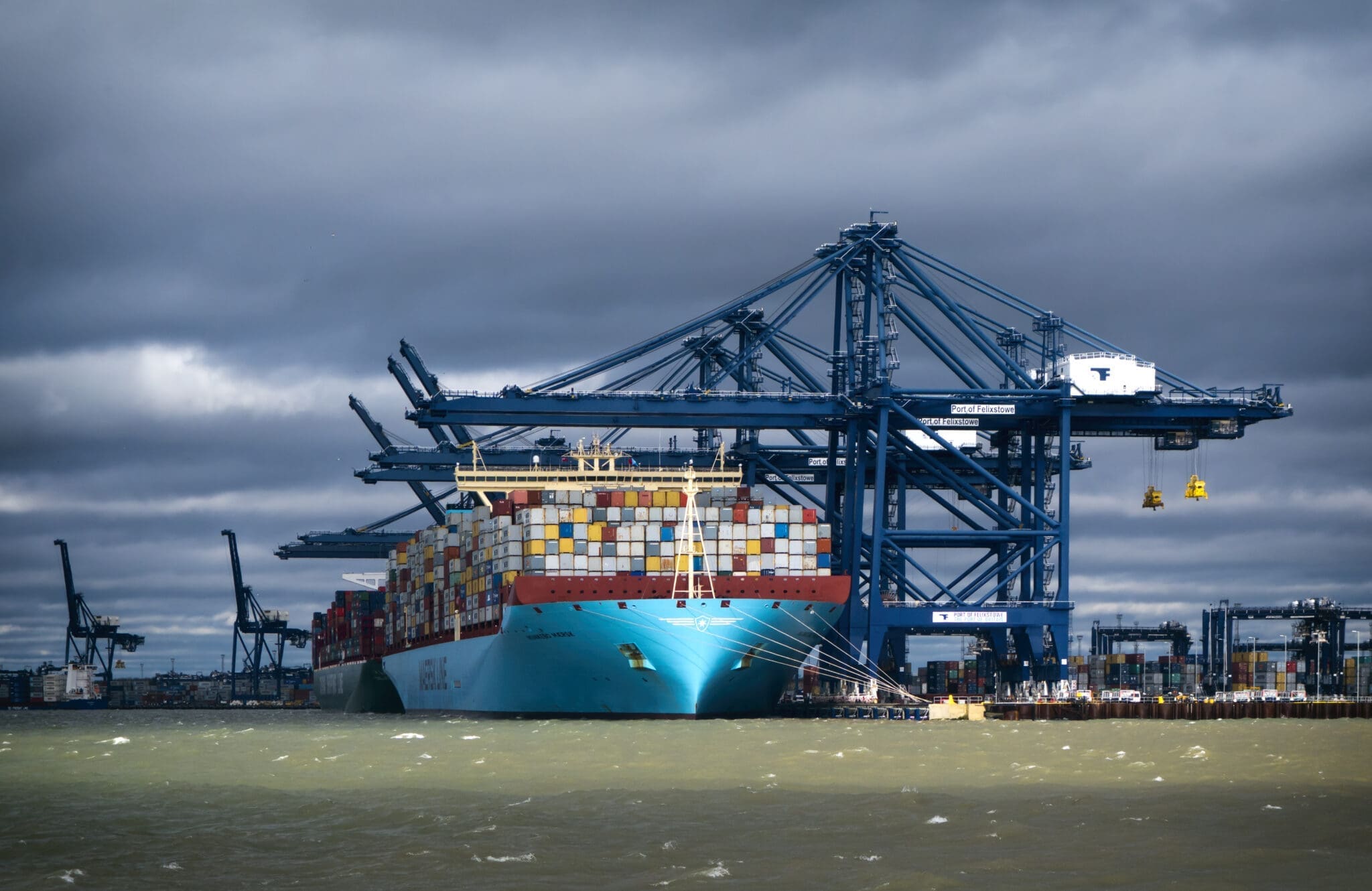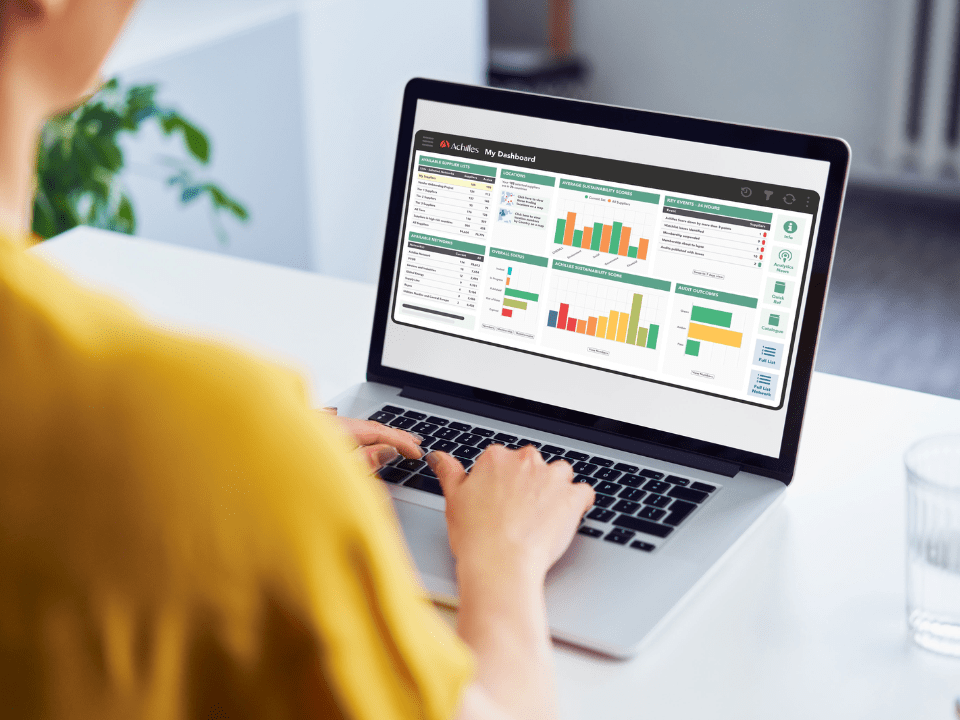Why Resilient and Transparent Supply Chains Still Matter
Germany’s new government – a coalition of CDU/CSU and SPD has agreed to repeal the national Supply Chain Due Diligence Act (LkSG). A day after the German Federal Office for Economic Affairs and Expert Control (BAFA) published updated industry due diligence guidance to support businesses in their due diligence activities.
Citing economic stagnation at home and geopolitical uncertainty, the coalition announced that “The reporting requirements under the Supply Chain Act will be abolished and completely eliminated”
In its place, the government points to the EU’s Corporate Sustainability Due Diligence Directive (CSDDD). Itself, another piece of human rights and environmental due diligence legislation that has been subject to ‘simplification measures’ under the proposed Omnibus Simplification Package.
Not anticipated to be enforced until July 2028, proposed simplification measures would potentially result in weaker human rights and environmental due diligence legislation than the LkSG.
“The Commission’s new Omnibus proposals reduce the frequency of due diligence monitoring to once every five years and limit what companies can request from small suppliers.”
(ESG Today, April 10, 2025)
less regulation ≠ less risk
While this may seem like a reprieve for German businesses – eliminating complex reports, sanctions and annual monitoring – inherent risks within global supply chains remain ever-present, regardless of regulatory changes.
- Reputation, operational stability and financial performance remain exposed to human rights and environmental risks within the supply chain
- ESG concerns like forced labour, deforestation, climate change and poor working conditions continue to attract public and investor scrutiny.
- Internal and external stakeholders such as customers, investors, employees and shareholders expect transparent and accountable businesses.
Responsible business conduct has never been about bureaucracy, adopted by many businesses for decades, it’s been a mechanism to reduce risk and create value. Legislation like the LkSG only sought to standardise and regulate many of the processes that responsible businesses had adopted in alignment with OECD and industry guidelines.
If recent tariff negotiations and the covid pandemic have taught us anything, it’s that businesses thrive on certainty. Whilst reducing burden and simplification can be a positive tool to increase adoption, the regular changes in policy and legal direction cause more upheaval than the legislation itself.
Achilles: Your partner in responsible supply chains
That’s where Achilles Information comes in. For over 30 years, we’ve helped companies across the globe build resilient, transparent, and compliant supply chains.
Here’s how we help:
- Verifying supplier data: Providing instant access to trustworthy ESG data, certifications and compliance insights
- Increasing efficiency: Our risk-based approach enables clients to spot issues proactively
- Nurturing collaboration: Achilles’ industry-wide networks enable businesses to join forces across sectors like construction, energy, hospitality, mining, shipping and transport to raise standards and reduce risk
- Going further: From desktop reviews to on-site audits, our international audit team dig deeper in challenging environments around the world
Even with the repeal of LkSG and with ‘simplified’ versions of CSRD and CSDDD likely, the need for businesses to act responsibly hasn’t gone away.
Corporate accountability and supply chain transparency isn’t a passing trend. It’s a competitive advantage for those who invest in it.


